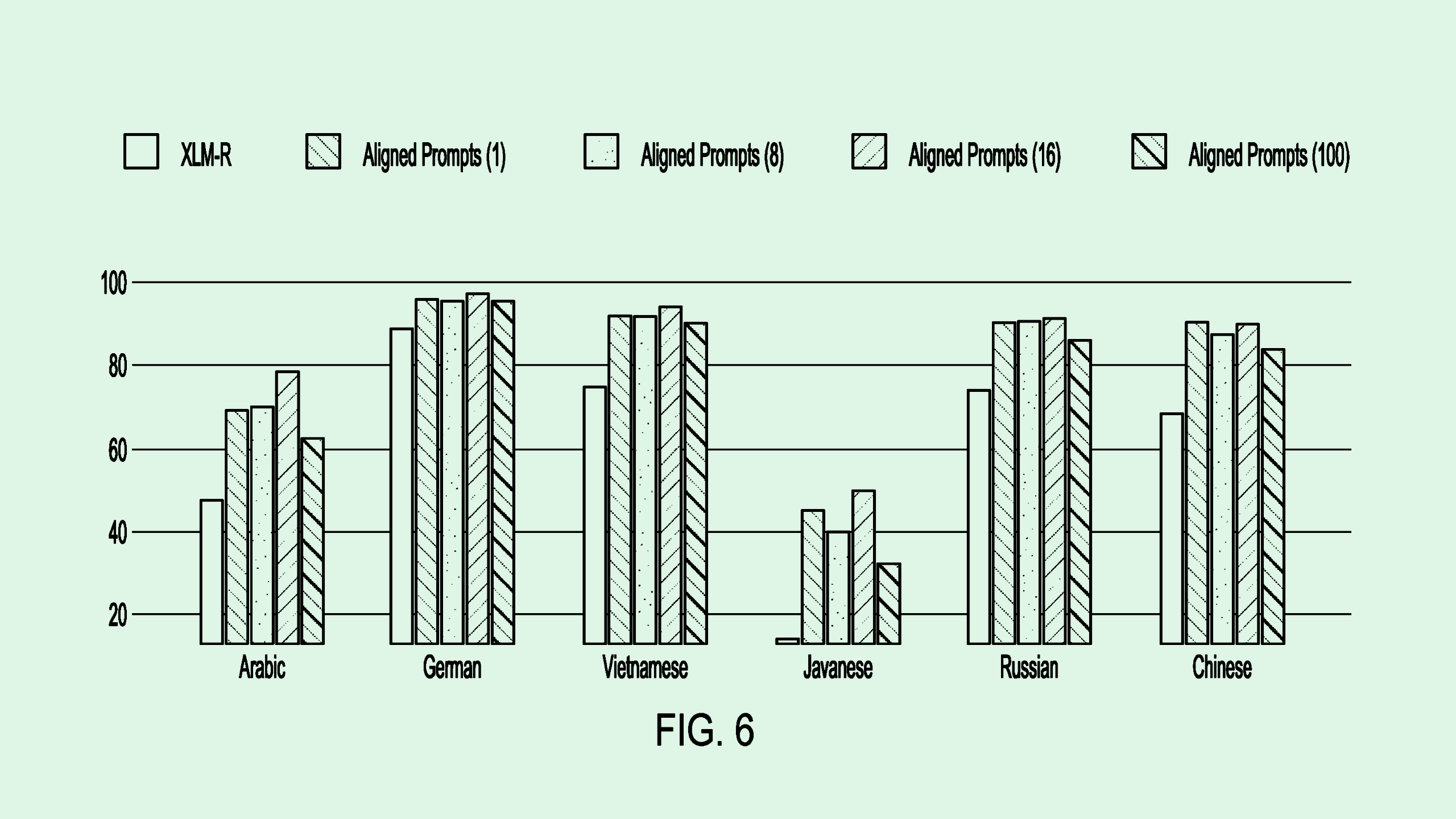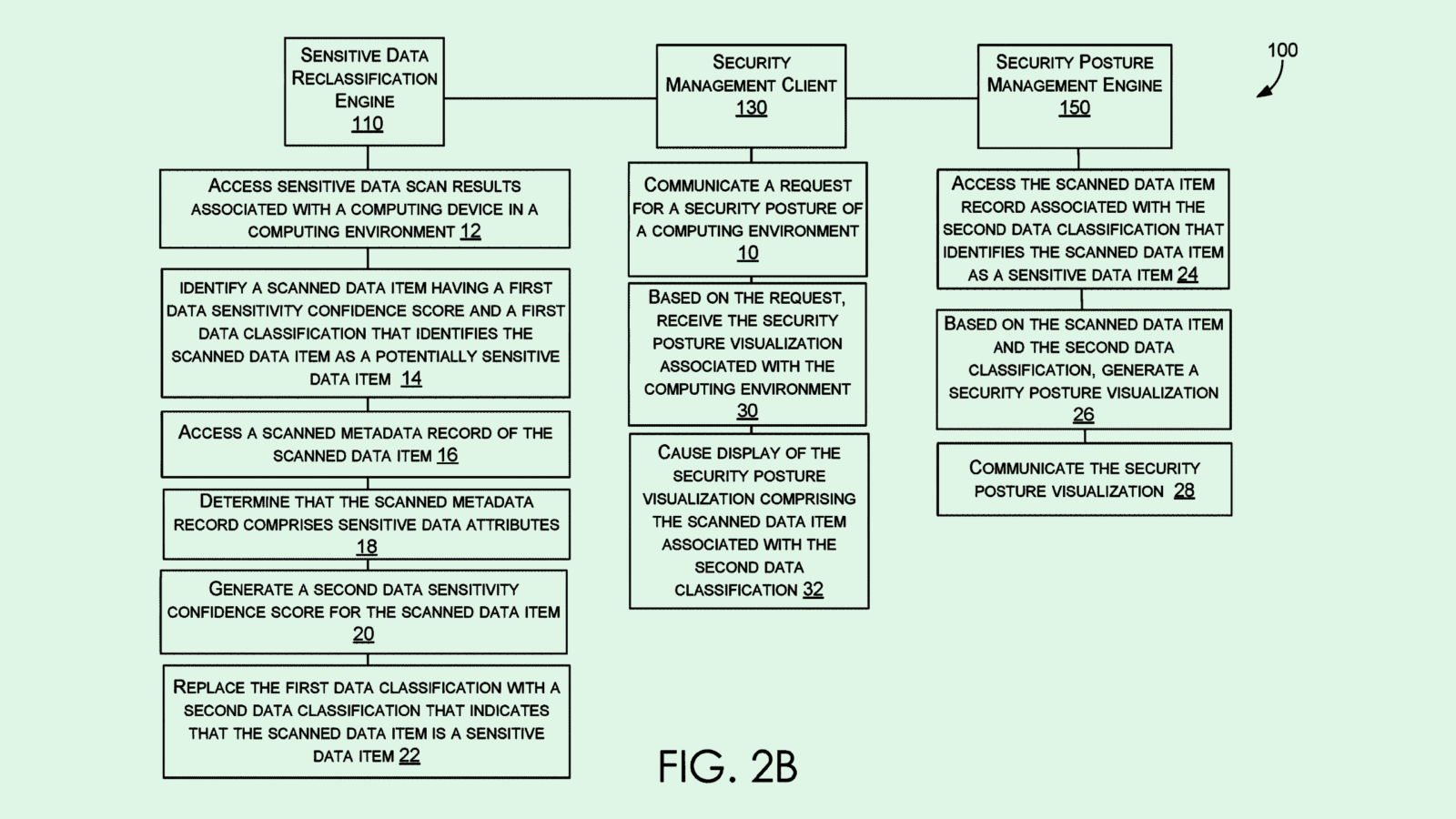Salesforce Multilingual AI Patent Could Boost AI Agent Ambitions
AI that only performs well in so-called “high-resource languages” isn’t going to be useful for many people.

Sign up to uncover the latest in emerging technology.
Salesforce is taking language classes more seriously.
The tech firm is seeking to patent a system for “cross-lingual transfer learning” of AI models. Salesforce’s tech aims to help language models complete tasks in less-common languages with the same accuracy as they would in more widespread languages like English, Spanish, or Chinese.
“Unfortunately, most [natural language processing] models are trained to perform conversation tasks using datasets in rich-sourced languages, e.g., English or a few other high-resource languages,” Salesforce said in the filing. “The ability to translate or communicate in less-sourced languages remains limited.”
Even if an underlying model is multilingual, it’s often difficult for these models to generalize well in other languages, Salesforce noted. To overcome this, this filing proposes a system to tune the prompts going into an AI model rather than its parameters.
Two prompts that mean the same thing in different languages are paired together and then “randomly masked,” meaning certain words and phrases are hidden, to teach the model to reconstruct them. In addition, a “soft prompt” is added to the beginning of both prompts before they are fed to the language model: That entails additional vectors, not necessarily interpretable by humans, that help the model understand the task.
The system measures how well the model does at piecing together the original prompts for each language, and uses that metric to retune the soft prompt. As a result, the model can effectively understand queries no matter their language.
As it tries to garner the AI spotlight that the likes of Google, Microsoft, and OpenAI are hogging, Salesforce has placed a lot of emphasis on one particular implementation: AI agents. At Dreamforce last month, the company announced a new service called Agentforce, a customizable AI agent platform designed for customer service, sales, and marketing.
At the conference, CEO Marc Benioff called easy-to-use, personalized AI agents — without the hassle of customers needing to customize them — the “third wave of AI.”
Its patent history tells a similar story, which includes a filing for an easily customizable AI platform that learns from an organization’s internal data. And patents that strengthen AI’s language skills also make sense in the context of expanding AI agents: AI that only performs well in “high-resource languages” isn’t going to be useful for many people.
But Salesforce’s agent quest has caught the eye of competitors. Microsoft is launching its own set of 10 autonomous agent tools capable of handling emails, managing records, and other tasks for sales, customer support, and accounting roles. Anthropic also released its own AI agent this week in public beta, capable of “computer use.”











